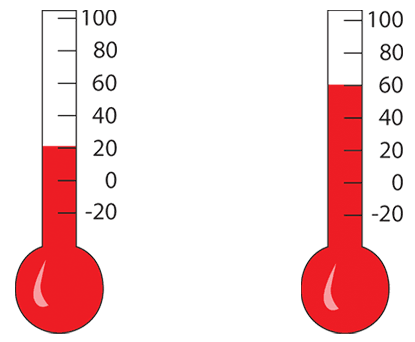Things To Know About Employee Rewards Systems
People work for many reasons the most obvious of which is money. Hence, using financial compensation to ensure employee productivity is something that is practiced at most, if not, all business organizations.
Two ways employers use monetary compensation in an effort to increase employee productivity include:
Pay by merit system
A monetary compensation system based on rewarding an employee with raises. This means raises aren’t tied solely to changes in position or promotion, but are now also tied to superior performance. For instance, an employee who over a period of time consistently exceeds targets might be offered a raise. This usually involves reviewing the performance of employees after periods of time be it monthly, quarterly, annually or biannually and approving them for a raise.
Bonus Pay
this monetary compensation system is based on paying a percentage increase when an employee displays superior performance. This sort of financial compensation is not permanent and an employee only receives compensation when they have shown superior performance after a certain period of time.
Both monetary compensation systems are known to yield results in the short term, especially because as human beings, a tangible reward system positively reinforces increased efforts. However, bonus pay has some advantages that could make it a better choice for small businesses and other business organizations and these include:
#1.Increased Long term productivity
Because, the pay by merit system means that the employee’s salary is increased permanently, they are likely to get comfortable with their new salary, feeling no need to continually improve their performance, and instead may even reduce productivity.
On the other hand, because the bonus pay system provides increased payment only when there is increased performance, employees are more likely to continually increase their performance in order to earn more.
In addition, according to research especially a study by AJ. Nyberg, J R. Pieper and C O. Trevor on Pay for performance issues over a long period of time, statistics have shown bonus pay yields more productivity than pay by merit, meaning that employees are more likely to increase their performance when bonus pay is used as incentive.
#2. Lower cost
Bonus pay system of monetary compensation is generally a less expensive means of providing some extra incentive than pay by merit systems. This is because whatever bonus the employee earns is not permanent. Meaning although there might be an increment in July, there is a probability that there would be none in August, making sure you don’t have to permanently increase the funds allocated for an employee’s salary permanently.
#3. Easier used to promote team work
Promoting team work is important in any business organization. However, providing team bonuses is more financially feasible than permanently increasing the salaries of a particular team for increased productivity and team work in any business organization.





